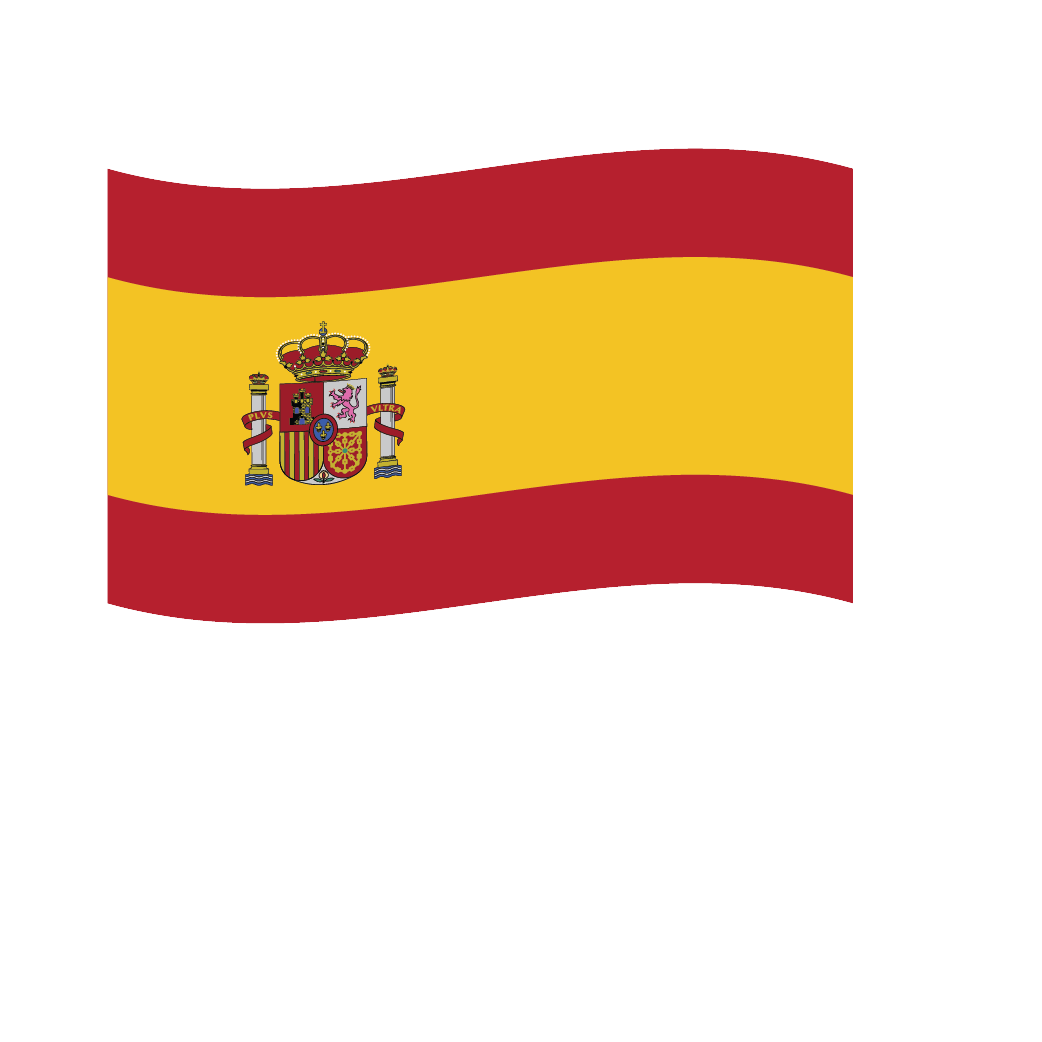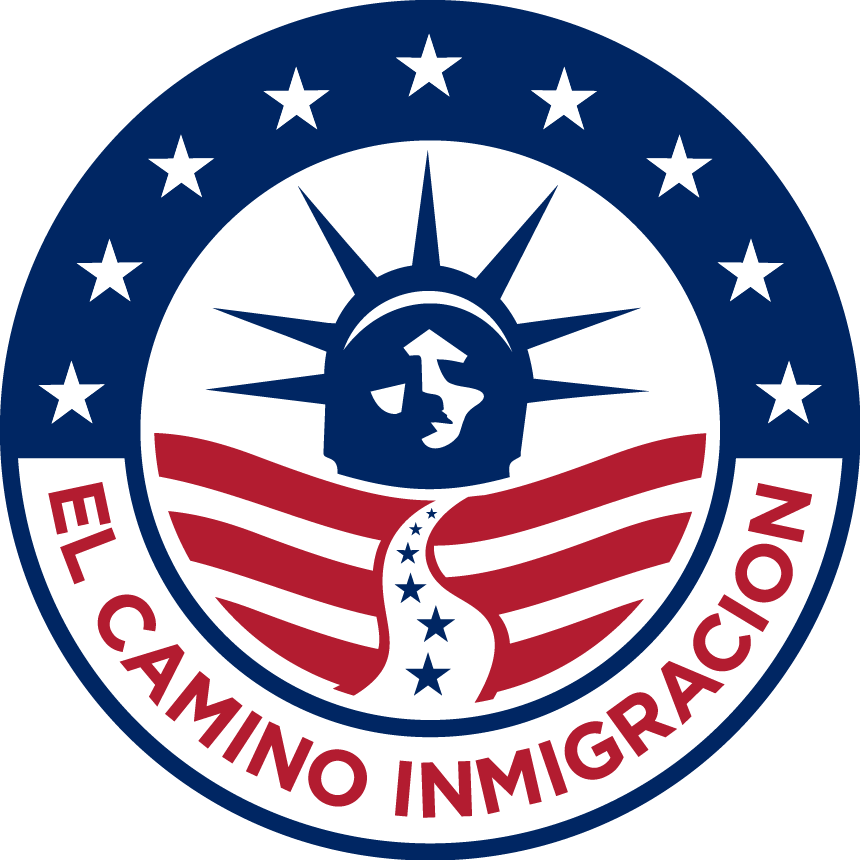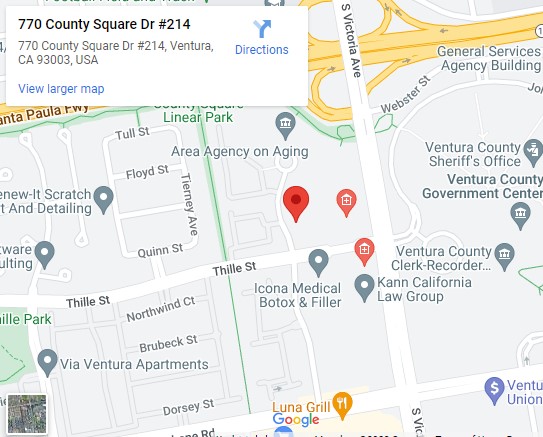Beyond Borders: LGBTQ Families and the Immigration Struggle
Despite US immigration policy issues being prominent, LGBTQ immigration issues are largely disregarded. Ventura, CA LGBTQ immigration issues are not uncommon in the Golden State.
California is progressive, but LGBTQ immigrants may face issues. This involves legal recognition, support, and acceptance. Immigration policies and LGBTQ rights must be understood to resolve these difficulties. Making California homebuyers feel welcome.
Quick Summary:
- Immigration is when people move to another country to live there for different reasons, like finding better jobs, being with family, escaping bad treatment, or going to school.
- “LGBTQ” stands for Lesbian, Gay, Bisexual, Transgender, and Queer, representing a diverse community with different sexual orientations and gender identities
- Moving to a new country for LGBTQ families involves various challenges, including legal recognition, discrimination, asylum difficulties, and family reunification challenges.
- Additionally, it comprises complex paperwork, adapting to cultural attitudes, limited LGBTQ resources, deportation risks, workplace discrimination, and healthcare access issues
- LGBTQ asylum is a way for people in the United States who are part of the LGBTQ community and feel unsafe in their home country due to their sexual orientation to obtain legal residency and a green card.
- To get LGBTQ asylum in California, you must already live in the USA and prove you’re fear of experiencing harm if you go back to your home country. You also need to show that moving within your home country isn’t possible and that your home country won’t keep you safe.
What is Immigration?
Immigration involves people moving from one country to another to live there permanently or semi-permanently. Entry and settlement in a foreign nation are involved. Immigration can be done to improve economic conditions, reunite with family, escape persecution, or get an education.
Undocumented immigration occurs without legal permission, while legal immigration involves visas, work permits, and other approvals. Immigration policies, regulations, and procedures in the host country govern immigrant entry, stay, and rights.
What does LGBTQ stand for?
“LGBTQ” stands for Lesbian, Gay, Bisexual, Transgender, and Queer (or Questioning). An inclusive word for a diverse community of sexual orientations and gender identities. LGBTQIA—”IA” for Intersex and Asexual—is often added to the abbreviation. The term honors communal diversity.
Understanding LGBTQ Immigration Issues
Starting a new life in a different country can be tricky, with lots of different problems along the way. These challenges span a range of issues including:
Legal Recognition
Same-sex laws differ by country and region. Some accept and protect LGBTQ couples. In other countries, laws are inadequate or don’t recognize their relationships. Diversity in legal recognition is difficult. LGBTQ individuals worldwide want equality.
Discrimination
LGBTQ immigration discrimination is biased. It happens during immigration due to sexual orientation or gender identity. This discrimination can take various forms. They have trouble navigating immigration. It also complicates legal status and advantages. It shows systemic prejudices must be rectified. We must promote inclusive policies. They treat everyone equally, LGBTQ or not.
Asylum Issues
Asylum issues include challenges faced by LGBTQ individuals. They seek refuge due to persecution due to their LGBTQ status. This involves difficulties in getting asylum in a new country. It highlights the unique hurdles and dangers LGBTQ asylum seekers face.
Family Reunification
LGBTQ families sometimes have a hard time bringing their same-sex partners or family members to a new country. This can make it challenging for them to be together in a new place, showing the specific problems LGBTQ families face with immigration.
Documentation
LGBTQ people might have a tough time with confusing papers when they’re trying to move to a new country.
Cultural Sensitivity
In LGBTQ immigration, cultural sensitivity means learning about how people are in a new place. It means learning how they think about LGBTQ topics. It includes getting used to different beliefs and practices. This creates a friendlier environment for LGBTQ people in their new homes.
Access to LGBTQ Resources
It can be hard for LGBTQ people to find the help they need when moving to a new place. This is because there are few resources for them. Things like legal help and community support might not be easy to find. We need to make sure there are more resources that include and help LGBTQ immigrants.
Deportation Concerns
Sometimes, LGBTQ people could be told to leave a country due to legal issues. Being LGBTQ might make this risk even higher. Deportation is when the government says someone has to go away from the country.
Employment Discrimination
Workplace discrimination is mistreating someone because of who they are or love. LGBTQ immigrants may experience this if they’re treated unfairly at work. This impacts hiring, promotion, and job satisfaction. This can happen frequently or seldom depending on workplace standards. It also depended on local LGBTQ rights views.
Healthcare Access:
Finding LGBTQ-friendly doctors and clinics is difficult. This applies during immigration. This makes getting medical care difficult. LGBTQ-friendly spaces are essential. Their health is appropriately cared for.
LGBTQ people face distinct challenges when traveling abroad. It depends on the destination’s laws and culture.
What is LGBTQ Asylum?
LGBTQ asylum is a unique legal residency route. It is offered to U.S. residents who feel endangered in their native country due to their sexual orientation.
LGBTQ people facing persecution or fear may be able to seek asylum. LGBTQ immigrants can seek asylum in the US. Their group has been punished for being different. Transgender, homosexual, and queer people qualify for asylum.
How can an LGBTQ Member Qualify for Asylum in California?
LGBTQ asylum in California requires US residency. They must demonstrate a legitimate fear for their safety or well-being. They would experience this if they returned home. They must also prove they can’t move within their home country and that it won’t protect them if they return.
Is There A Statute Of Limitations On Asylum Cases?
If you seek asylum due to your sexual identity, gender identity, or HIV status, act fast. You have only one year from entering the country to apply. While you may be able to successfully seek asylum after a year, the process becomes harder.
Supporting Diversity: Legal Help for LGBTQ Families Facing Immigration Challenges
Ventura, CA has many LGBTQ immigration difficulties. Many difficult challenges exist. They need guidance and legal assistance. They include asylum and family reunion.
LGBTQ immigrants have been persecuted for years. They’ve been denied rights and more. El Camino Inmigracion supports LGBTQ immigration. Love knows no borders, according to our Ventura immigration lawyers. We also believe everyone deserves a good and secure future. For 28 years, we’ve helped people with immigration issues.
We can assist with different immigration issues. Marriage & Fiance Visa, Status Adjustment, and Advance Parole. El Camino Inmigracion fights for equality and supports immigrants with unique obstacles. Request a free consultation today.




